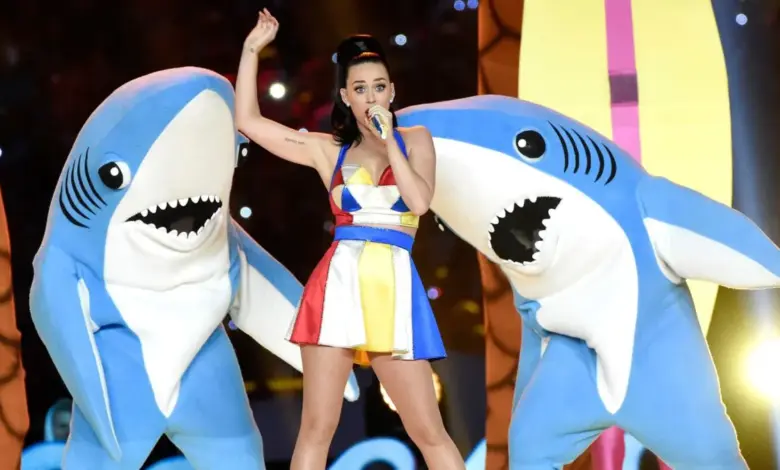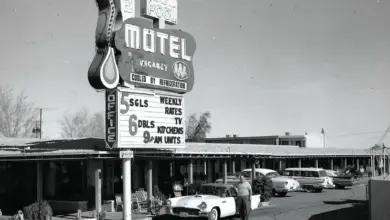
There is a growing trend referred to as ‘recession pop’ that has captivated many music listeners, drawing them towards the artistic expressions from times of economic difficulty. This trend represents a significant aspect of a broader societal yearning for the past, as evidenced by the increasing preference of young individuals in the year 2024 for music from the 1970s, reminiscent of how individuals in the 1970s embraced music from the 1920s. It’s been observed that this cultural phenomenon indicates a certain stagnation in contemporary culture, as the younger generation exhibits a pronounced fondness for older forms of music and entertainment, such as classic films and comic books.
Furthermore, the conversation surrounding this trending shift puts a spotlight on a perceived decline in the quality of present-day pop music since its peak approximately in 2015. Several factors, including the rise of platforms such as TikTok and the evolving landscape of the music industry, are being deliberated as potential influences contributing to this cultural transition. Consequently, as this trend gains momentum, it prompts introspection into the evolving tastes and preferences of audiences, signaling a shift in how contemporary cultural products are consumed and appreciated.




